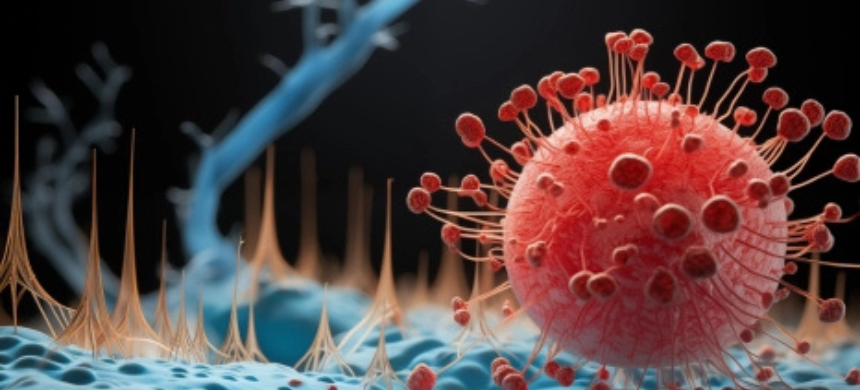A groundbreaking international clinical trial has revealed that a new immunotherapy drug, pembrolizumab, has doubled the period during which patients with advanced head and neck cancer remain cancer-free.
The trial, which involved over 350 patients, showed that those who received pembrolizumab both before and after surgery remained cancer-free for an average of five years, compared to just 2.5 years with conventional treatments. Known as the Keynote trial, it marks the most significant advancement in the treatment of this challenging cancer in the past 20 years.
Head and neck cancers are among the most difficult to treat, with more than half of patients succumbing to the disease within five years of diagnosis. The new method, developed by the Institute of Cancer Research in London and led globally by Washington University Medical School in St. Louis, involves administering pembrolizumab to stimulate the immune system prior to surgery and maintaining this response afterward.
Read More: Princess Kate of Britain announces she is cancer-free
Professor Kevin Harrington, who headed the UK segment of the trial, stated that pre-surgery administration of the drug enables the immune system to identify and combat cancer cells more effectively, reducing the risk of metastasis. “It significantly decreases the chance of cancer spreading around the body, at which point it’s incredibly difficult to treat,” he noted.
Among the patients benefiting from the treatment is 45-year-old Laura Marston from Derbyshire, who was diagnosed with advanced tongue cancer in 2019 and given only a 30% chance of surviving five years. Now cancer-free and back to working full-time, she credits the immunotherapy for transforming her life.
The findings, presented at the American Society of Clinical Oncology (ASCO) annual meeting, are prompting calls for the treatment to be adopted as a new standard of care for advanced head and neck cancer and made accessible through the NHS.
Each year, around 12,800 individuals in the UK are diagnosed with head and neck cancer. The study was funded by pharmaceutical company MSD and conducted across 192 hospitals in 24 countries.











